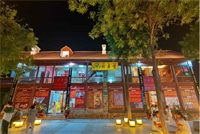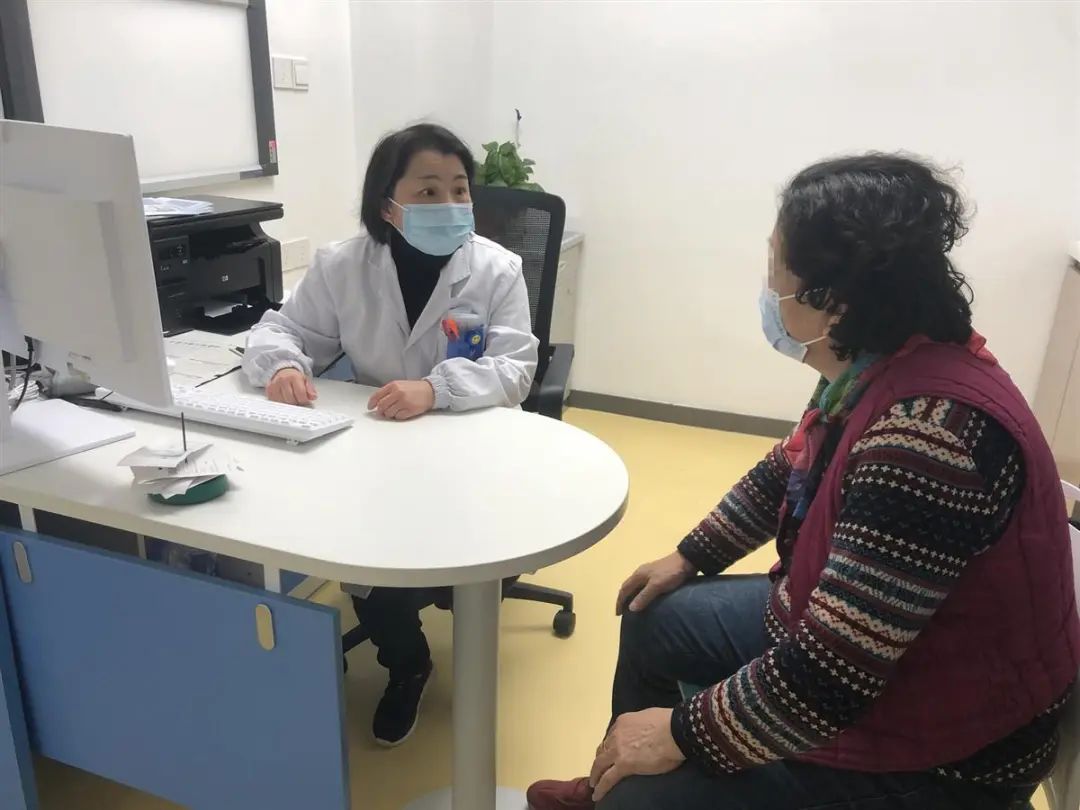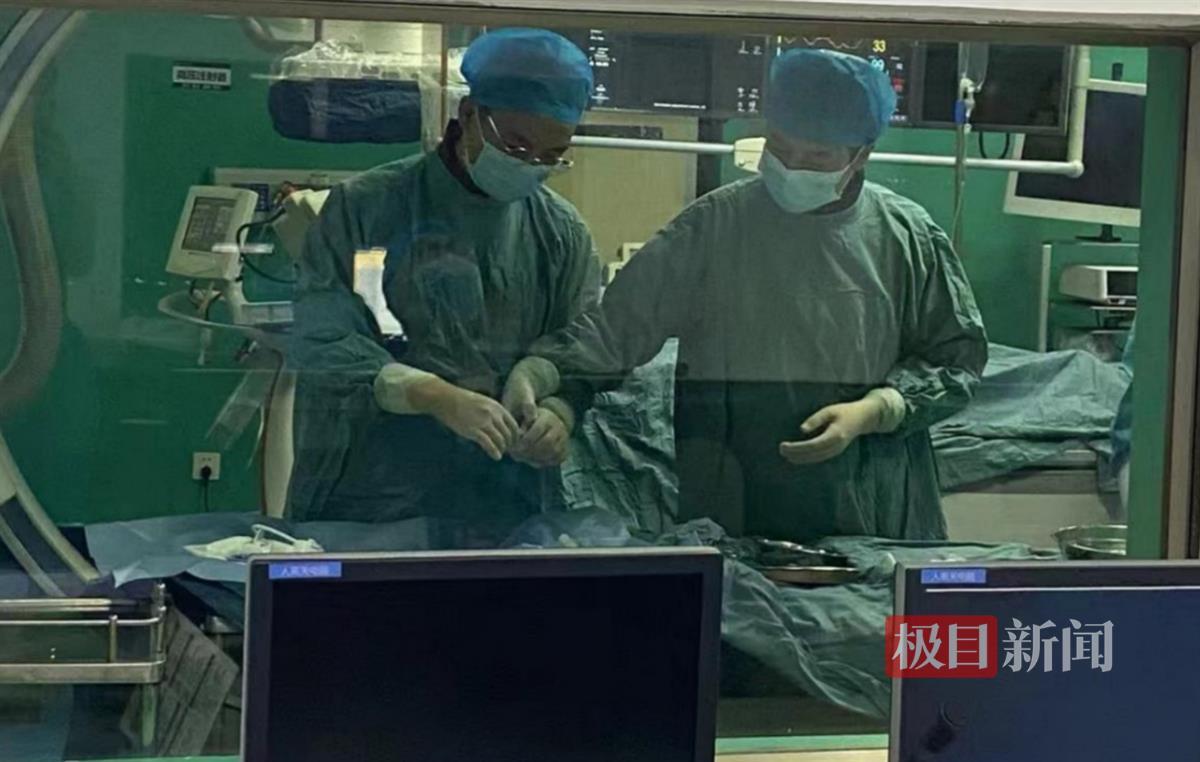培根系由英语“Bacon”译音而来,其原意是烟熏肋条肉或烟熏咸背脊肉。培根是西式肉制品三大主要品种之一,其风味除带有适口的咸味之外,还具有浓郁的烟熏香味。培根外皮油润呈金黄色,皮质坚硬,用手指弹击有轻度的“卟卟”声;瘦肉呈深棕色,质地干硬,切开后肉色鲜艳。培根又名烟肉,是将猪肉经腌熏等加工的猪胸肉,或其他部位的肉熏制而成。烟肉一般被认为是早餐的头盘,将之切成薄片,放在锅子里烤或用油煎。烟肉味道极好,常用作为烹调,烟肉被视为肥胖的主要来源,但因为美国推出了低碳水化合物减肥法,烟肉致肥的观点渐渐改变。
Sir Francis Bacon (later Lord Verulam and the Viscount St. Albans) was an English lawyer, statesman, essayist, historian, intellectual reformer, philosopher, and champion of modern science. Early in his career he claimed “all knowledge as his province” and afterwards dedicated himself to a wholesale revaluation and re-structuring of traditional learning. To take the place of the established tradition (a miscellany of Scholasticism, humanism, and natural magic), he proposed an entirely new system based on empirical and inductive principles and the active development of new arts and inventions, a system whose ultimate goal would be the production of practical knowledge for “the use and benefit of men” and the relief of the human condition.
At the same time that he was founding and promoting this new project for the advancement of learning, Bacon was also moving up the ladder of state service. His career aspirations had been largely disappointed under Elizabeth I, but with the ascension of James his political fortunes rose. Knighted in 1603, he was then steadily promoted to a series of offices, including Solicitor General (1607), Attorney General (1613), and eventually Lord Chancellor (1618). While serving as Chancellor, he was indicted on charges of bribery and forced to leave public office. He then retired to his estate where he devoted himself full time to his continuing literary, scientific, and philosophical work. He died in 1626, leaving behind a cultural legacy that, for better or worse, includes most of the foundation for the triumph of technology and for the modern world as we currently know it.
--------------------------------------------------------------------------------
Table of Contents (Clicking on the links below will take you to those parts of this article)
1. Life and Political Career
2. Thought and Writings
a. Literary Works
b. The New Atlantis
c. Scientific and Philosophical Works
d. The Great Instauration
e. The Advancement of Learning
f. The “Distempers” of Learning
g. The Idea of Progress
h. The Reclassification of Knowledge
i. The New Organon
j. The Idols
k. Induction
3. Reputation and Cultural Legacy
4. References and Further Reading
--------------------------------------------------------------------------------
1. Life and Political Career
Sir Francis Bacon (later Lord Verulam, the Viscount St. Albans, and Lord Chancellor of England) was born in London in 1561 to a prominent and well-connected family. His parents were Sir Nicholas Bacon, the Lord Keeper of the Seal, and Lady Anne Cooke, daughter of Sir Anthony Cooke, a knight and one-time tutor to the royal family. Lady Anne was a learned woman in her own right, having acquired Greek and Latin as well as Italian and French. She was a sister-in-law both to Sir Thomas Hoby, the esteemed English translator of Castiglione, and to Sir William Cecil (later Lord Burghley), Lord Treasurer, chief counselor to Elizabeth I, and from 1572-1598 the most powerful man in England.
Bacon was educated at home at the family estate at Gorhambury in Herfordshire. In 1573, at the age of just twelve, he entered Trinity College, Cambridge, where the stodgy Scholastic curriculum triggered his lifelong opposition to Aristotelianism (though not to the works of Aristotle himself).
In 1576 Bacon began reading law at Gray’s Inn. Yet only a year later he interrupted his studies in order to take a position in the diplomatic service in France as an assistant to the ambassador. In 1579, while he was still in France, his father died, leaving him (as the second son of a second marriage and the youngest of six heirs) virtually without support. With no position, no land, no income, and no immediate prospects, he returned to England and resumed the study of law.
Bacon completed his law degree in 1582, and in 1588 he was named lecturer in legal studies at Gray’s Inn. In the meantime, he was elected to Parliament in 1584 as a member for Melcombe in Dorsetshire. He would remain in Parliament as a representative for various constituencies for the next 36 years.
In 1593 his blunt criticism of a new tax levy resulted in an unfortunate setback to his career expectations, the Queen taking personal offense at his opposition. Any hopes he had of becoming Attorney General or Solicitor General during her reign were dashed, though Elizabeth eventually relented to the extent of appointing Bacon her Extraordinary Counsel in 1596.
It was around this time that Bacon entered the service of Robert Devereux, the Earl of Essex, a dashing courtier, soldier, plotter of intrigue, and sometime favorite of the Queen. No doubt Bacon viewed Essex as a rising star and a figure who could provide a much-needed boost to his own sagging career. Unfortunately, it was not long before Essex’s own fortunes plummeted following a series of military and political blunders culminating in a disastrous coup attempt. When the coup plot failed, Devereux was arrested, tried, and eventually executed, with Bacon, in his capacity as Queen’s Counsel, playing a vital role in the prosecution of the case.
In 1603, James I succeeded Elizabeth, and Bacon’s prospects for advancement dramatically improved. After being knighted by the king, he swiftly ascended the ladder of state and from 1604-1618 filled a succession of high-profile advisory positions:
培根大家都吃过吧,日常生活中吃的比较多,很多人肯定有这样的疑问,培根到底是不是肉呢?培根是否可以生吃呢?下面我们看来一起介绍下吧!
培根是什么肉做的培根是什么?培根四西式肉制品的三大主要品种之一,是一种猪肉烟熏肉制品。很多朋友在吃火锅或者烧烤的时候都比选培根,培根浓郁的烟熏口感,是人们喜欢它的重要原因。
培根就是腊肉的一种。是将猪腹肉涂抹香料及海盐在经自然风乾后所制成,均匀分布的油脂滑而不腻,咸度适中,风味十足。培根的原意是烟熏肋条肉(即方肉)或烟熏咸背脊肉。培根又名烟肉(Bacon),是将猪肉经腌熏等加工的猪胸肉,或其他部位的肉熏制而成。
培根能生吃吗 可以生吃,但是不建议生吃。
一般超市的培根都是半生熟或七成熟的,基本都是需要自己再加工一下才能吃。生吃的话不仅口感不好,而且吃多了可能会导致肠胃不适,腹泻。
培根生吃存在风险感染寄生虫的风险培根是肉制品,一般我们买到的培根并不是全熟的,生吃的话可能含有寄生菌,轻则吃了容易导致肠胃不适,拉肚子,重则会得各种寄生虫疾病。
增加患癌症的风险培根本身是熏制食品,含有高量的钠和硝酸盐,这两种物质食用过多会有患癌症的风险,生吃的话则更严重。
培根怎么吃好培根炒双菇(1)培根炒双菇的材料:
香菇10多朵,平菇250克,培根2片,橄榄油3汤匙,蚝油1汤匙,白酒1汤匙,盐适量
(2)培根炒双菇的做法:
1、香菇泡发,平菇洗净
2、锅中倒入适量清水,水开后,放入香菇和平菇,加入1勺橄榄油。开锅后捞出控干备用
3、培根切小段备用
4、热锅凉油,加入2勺橄榄油
5、放入培根小火煸香
6、再下入焯过水的蘑菇,翻炒2下后,淋入蚝油,加入盐,翻炒几下即可出锅
培根鲜虾卷(1)培根鲜虾卷的材料:
鲜虾,培根,奶酪,莴笋
(2)培根鲜虾卷的做法:
1、鲜虾去泥线,去壳,留住尾巴部份
2、用生抽、蚝油(或鱼露)腌入味
3、奶酪切成小块
4、莴笋去皮切成小条;培根拦腰对半切
5、培根上面摆上虾、奶酪、莴笋,然后卷起来
6、调整好虾的位置,虾的尾巴最好向上凹出的造型好看
7、用牙签固定住!预热烤箱,180度,15分钟左右,即可
1、玛克西姆·高尔基——前苏联著名作家;
2、维克多·雨果——法国作家;
3、列夫托尔斯泰——19世纪中期俄国批判现实主义作家;
4、赫尔岑——俄国哲学家,作家、革命家;
5、弗朗西斯·培根——英国文艺复兴时期最重要的散文家、哲学家;
人物介绍:
一、玛克西姆·高尔基
玛克西姆·高尔基(Maxim Gorky,1868年3月16日—1936年6月18日),原名阿列克赛·马克西姆维奇·别什可夫,前苏联作家、诗人、评论家、政论家、学者。
高尔基于1868年3月16日诞生在伏尔加河畔下诺夫戈罗德镇的一个木匠家庭。4岁时父亲去世,他跟母亲一起在外祖父家度过童年。10岁那年,高尔基开始独立谋生。他先后当过学徒、搬运工、看门人、面包工人等,切身体验到下层人民的苦难。在此期间,他发奋读书,开始探求改造社会的真理。1884年,他参加民粹党小组,阅读民粹党人著作和马克思的著作,积极投身于革命活动。1905年,高尔基加入了俄国社会民主工党。
1906年,高尔基受列宁的委托,由芬兰去美国进行革命活动,在美国出版长篇小说《母亲》。后定居意大利卡普里岛。1913年,高尔基从意大利回国,从事无产阶级文化组织工作,主持《真理报》的文艺专栏。1917年十月革命后,伴随着革命出现的混乱、破坏、无政府主义思潮及各种暴力事件,高尔基与列宁及新政权之间产生了矛盾。1921年10月,由于疾病,也由于与布尔什维克政权的分歧,高尔基出国疗养。
1928年,高尔基回到苏联,在斯大林的安排下,他在俄罗斯作了两次长途旅行观光后决定回国定居。1934年当选为作协主席。回国后的高尔基作为苏联文化界的一面旗帜,为苏维埃的文化建设做了大量工作。但20世纪30年代苏联出现的种种问题又使他与斯大林及现实政治始终保持一定的距离。1936年6月18日,68岁的高尔基因病去世。
二、维克多·雨果
维克多·雨果(Victor Hugo,1802年2月26日—1885年5月22日),法国作家,19世纪前期积极浪漫主义文学的代表作家,人道主义的代表人物,法国文学史上卓越的资产阶级民主作家,被人们称为“法兰西的莎士比亚”。一生写过多部诗歌、小说、剧本、各种散文和文艺评论及政论文章,在法国及世界有着广泛的影响力。
三、列夫·尼古拉耶维奇·托尔斯泰
列夫·尼古拉耶维奇·托尔斯泰(ЛевНиколаевич Толстой)(1828~1910) 19世纪末20世纪初俄国最伟大的文学家,也是世界文学史上最杰出的作家之一,他的文学作品在世界文学中占有重要的地位。代表作有长篇小说《战争与和平》《安娜·卡列尼娜》《复活》以及自传体小说三部曲《幼年》《少年》《青年》。
四、赫尔岑
赫尔岑(1812年~1870年)(Alexander Herzen),俄国哲学家、作家、革命家。赫尔岑被称为俄国社会主义之父。在信仰上,赫尔岑是农业民粹主义(agrarian populism)或农业集体主义(agrarian populism)、唯农(民)论(Agrarianism)的倡导者。
五、弗朗西斯·培根
弗朗西斯·培根(Francis Bacon,1561一1626年),第一代圣阿尔本子爵(1st Viscount St Alban),英国文艺复兴时期散文家、哲学家。英国唯物主义哲学家,实验科学的创始人,是近代归纳法的创始人,又是给科学研究程序进行逻辑组织化的先驱。主要著作有《新工具》、《论科学的增进》以及《学术的伟大复兴》等。
培根12岁入剑桥大学,后担任女王特别法律顾问以及朝廷的首席检察官、掌玺大臣等。晚年,受宫廷阴谋逐出宫廷,脱离政治生涯,专心从事学术研究和著述活动,写成了一批在近代文学思想史上具有重大影响的著作,其中最重要的一部是《伟大的复兴新工具论》。
另外,他以哲学家的眼光,思考了广泛的人生问题,写出了许多形式短小、风格活泼的随笔小品,集成《培根随笔》。1626年3月底,培根由于身体孱弱,在实验中遭受风寒,支气管炎复发,病情恶化。1626年4月9日清晨病逝。
参考资料:
弗朗西斯·培根—
赫尔岑—
列夫·尼古拉耶维奇·托尔斯泰—
维克多·雨果—
玛克西姆·高尔基—
声明: 我们致力于保护作者版权,注重分享,被刊用文章因无法核实真实出处,未能及时与作者取得联系,或有版权异议的,请联系管理员,我们会立即处理,本站部分文字与图片资源来自于网络,转载是出于传递更多信息之目的,若有来源标注错误或侵犯了您的合法权益,请立即通知我们(管理员邮箱:daokedao3713@qq.com),情况属实,我们会第一时间予以删除,并同时向您表示歉意,谢谢!

 999+
999+ 
 1843
1843 
 1922
1922 
 1576
1576 
 1961
1961 
 1481
1481 
 833
833 
 689
689 
 1540
1540 
 438
438 本站内容仅供参考,不作为诊断及医疗依据,如有医疗需求,请务必前往正规医院就诊
祝由网所有文章及资料均为作者提供或网友推荐收集整理而来,仅供爱好者学习和研究使用,版权归原作者所有。
如本站内容有侵犯您的合法权益,请和我们取得联系,我们将立即改正或删除。
Copyright © 2022-2023 祝由师网 版权所有
邮箱:daokedao3713@qq.com